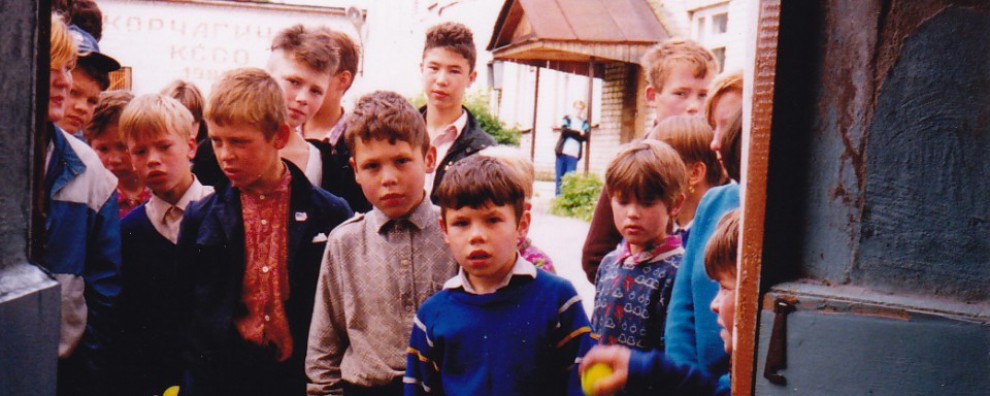“Aspen Institute: A supermarket of conventional wisdom for middle-level executives. Corporate life, particularly for those not on the fast track, has all the bureaucratic pitfalls of directionless boredom. To distract these confused but loyal servants from what Thoreau called their ‘lives of quiet desperation,’ they are periodically shipped off to rest camps where, over the period of a few days, they are taught important things which can change their lives, their company, the world. Failing that, the experience may help them hold on a bit longer.”
Excerpted from: Saul, John Ralston. The Doubter’s Companion. New York: The Free Press, 1994.

You must be logged in to post a comment.